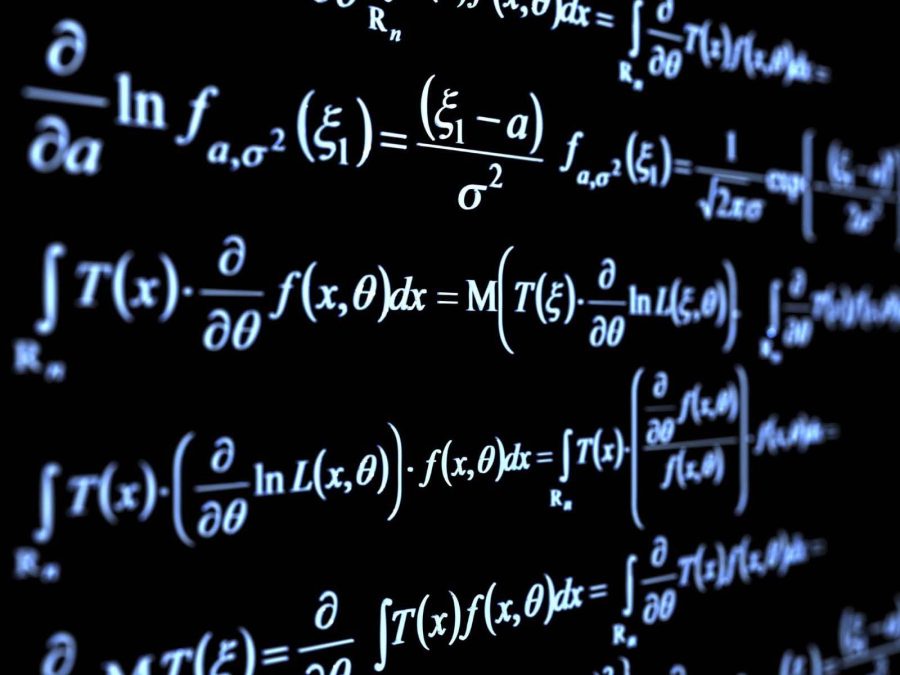Telling people I’m a math major usually ends in the same response — “Wow, you must be so smart! I could never do math.” Nevermind that I got a C+ in high school pre-calculus or missed enough days of AP Statistics to technically disqualify me from graduation (my parents still don’t know), but the mere fact that I chose this supposedly devilish major earns me the categorization of “genius” in the minds of students across this campus.
Roughly half the time, this statement is followed by a sigh and the assertion that they just didn’t “get” math, something I always found odd. Can you really “get” math in the same sense that you “get” brown eyes or “get” speaking a language? This seems ludicrous, yet people remain convinced that math is something you’re naturally born with, despite research showing otherwise. This way of thinking is dangerous, since it cements the damaging idea that good math students will always succeed and will always get the correct answer on their first try.
Still, the fictitious belief of math as “genetic” is reinforced by a society that considers it acceptable to flaunt mathematical illiteracy, and where there are media representations showing supposedly “normal” people hanging out with the supposedly “abnormal” math nerds who read math textbooks for fun. In the movie “Mean Girls,” for instance, the protagonist struggles between two different personas, one aimed at fitting in with the pretty, popular students and the other aimed at practicing her substantial math skills with antisocial, ugly nerds. And, despite the film’s conclusion that academics and sincerity are supposedly more important than looks, the film still makes several jokes degrading the attractiveness of the nerdy teenagers without any hint of irony that this stereotype is unimportant or untrue. Trying to steer clear of this geeky stereotype is unfortunately the take-away from a film for image-conscious adolescents.
To make matters worse, this stereotype discourages young people from mathematics, and then justifies their eventual struggles with the subject by telling them that math illiteracy is all right, and that they are just “not a math person.” This does students a great disservice, especially since all of the top-paying job fields in the U.S. require some form of math or logic, and many of them (such as computer science) have a strong relationship with mathematics. A failure to promote a growth mindset, therefore, locks many students out of these high-paying and in-demand jobs.
As mathematics, and mathematics education, enters the modern era, our view of math as “only for the most intelligent elite” needs to change. Proper mathematics instruction teaches students important critical thinking and logic skills needed to solve complex problems. These skills are essential for a meaningful life, not only in well-paid careers but also in accurately understanding our ever-changing world. Mathematics, therefore, is too essential to be left to the nerds who skipped their senior prom; instead we must find a way to teach students to grow out of their fixed mindset and learn to recognize the beauty in mathematics.








